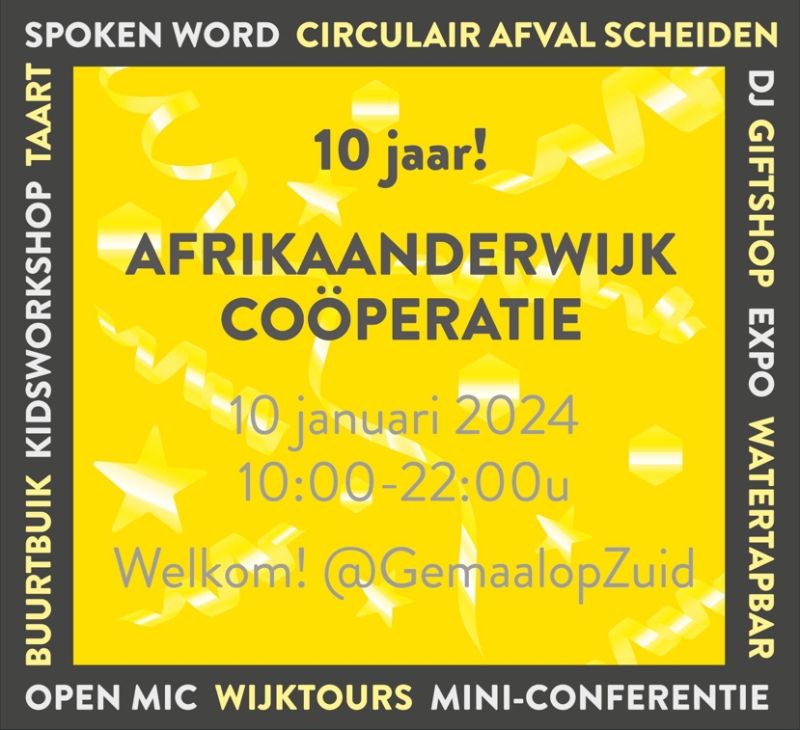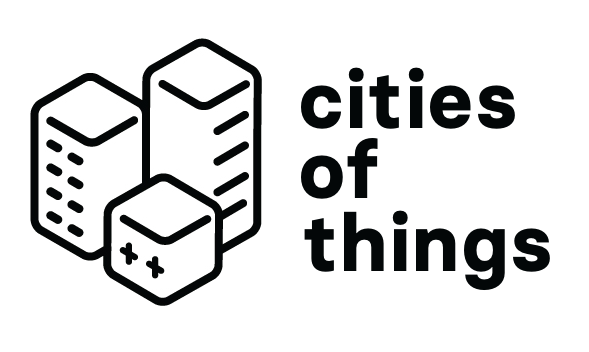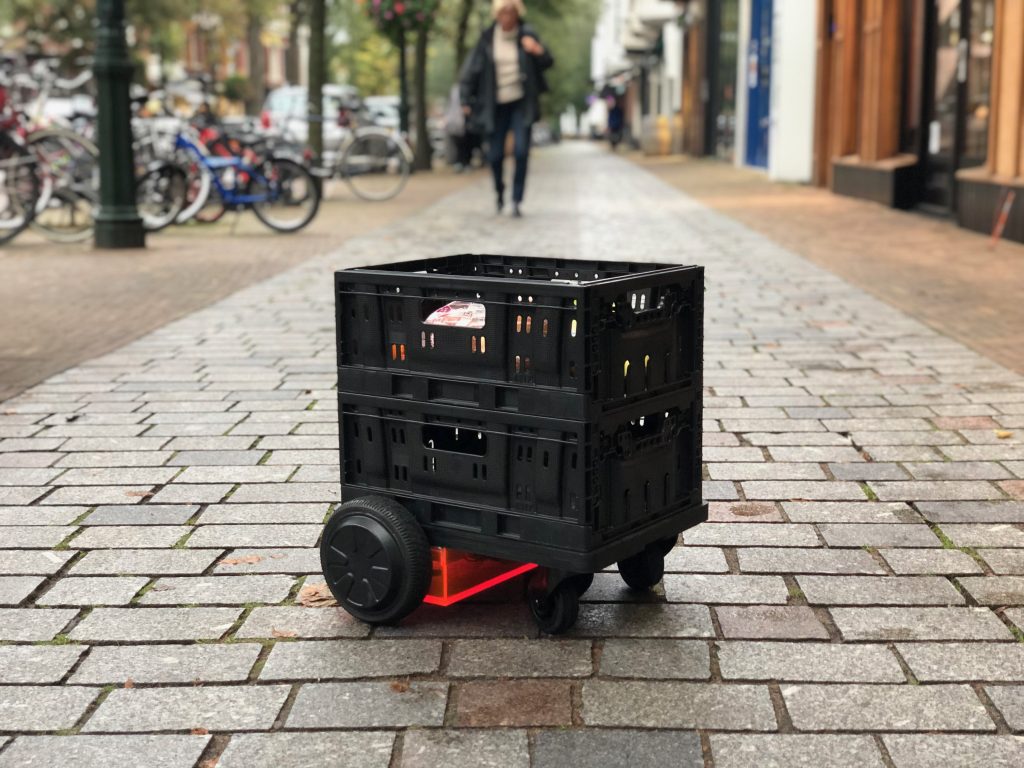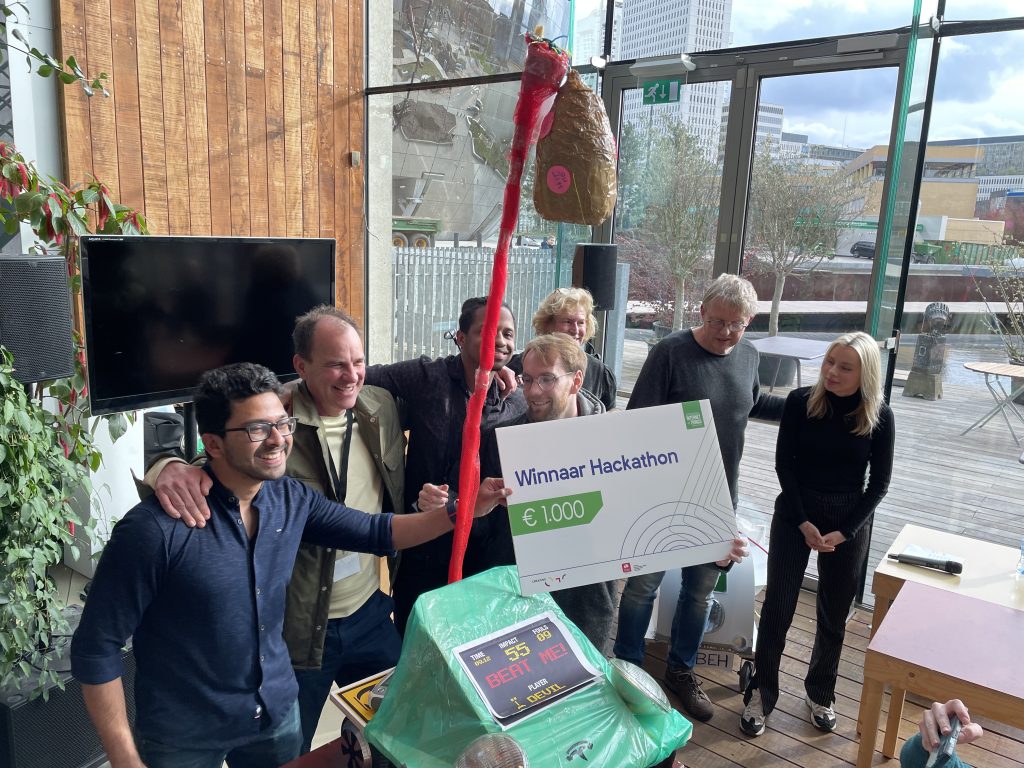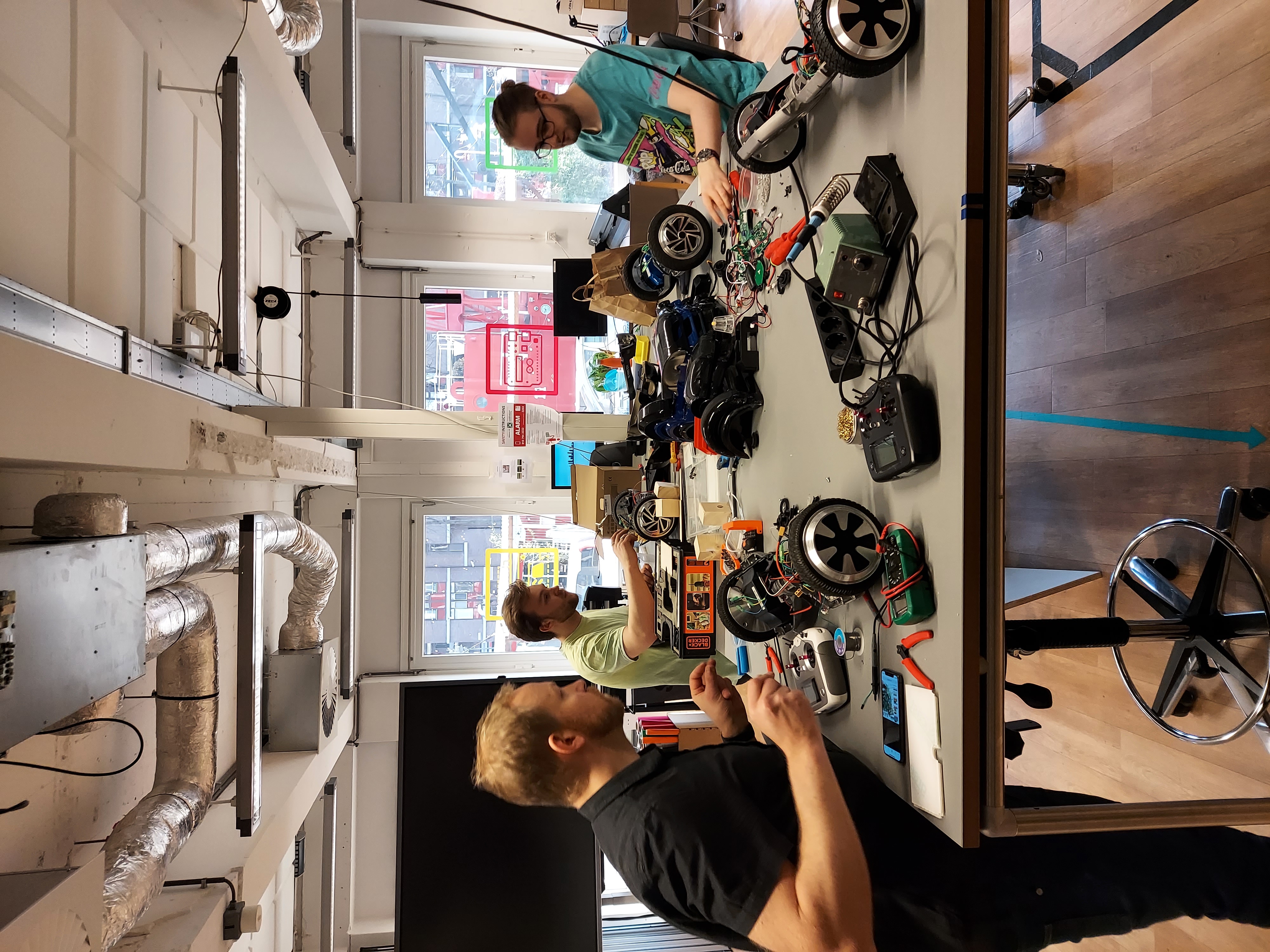At the beginning of 2022, we officially kicked off the project Cities of Things LAB010, shaped together with Creating010 of Rotterdam University of Applied Sciences and with main partners Afrikaander Wijkcooperatie and Studio voor de Stad (represented by Zeewaardig). To close the two-year project, we will be part of the 10-year celebration of Afrikaander Wijkcooperatie on 10 January at Gemaal op Zuid in Rotterdam. Read more here.
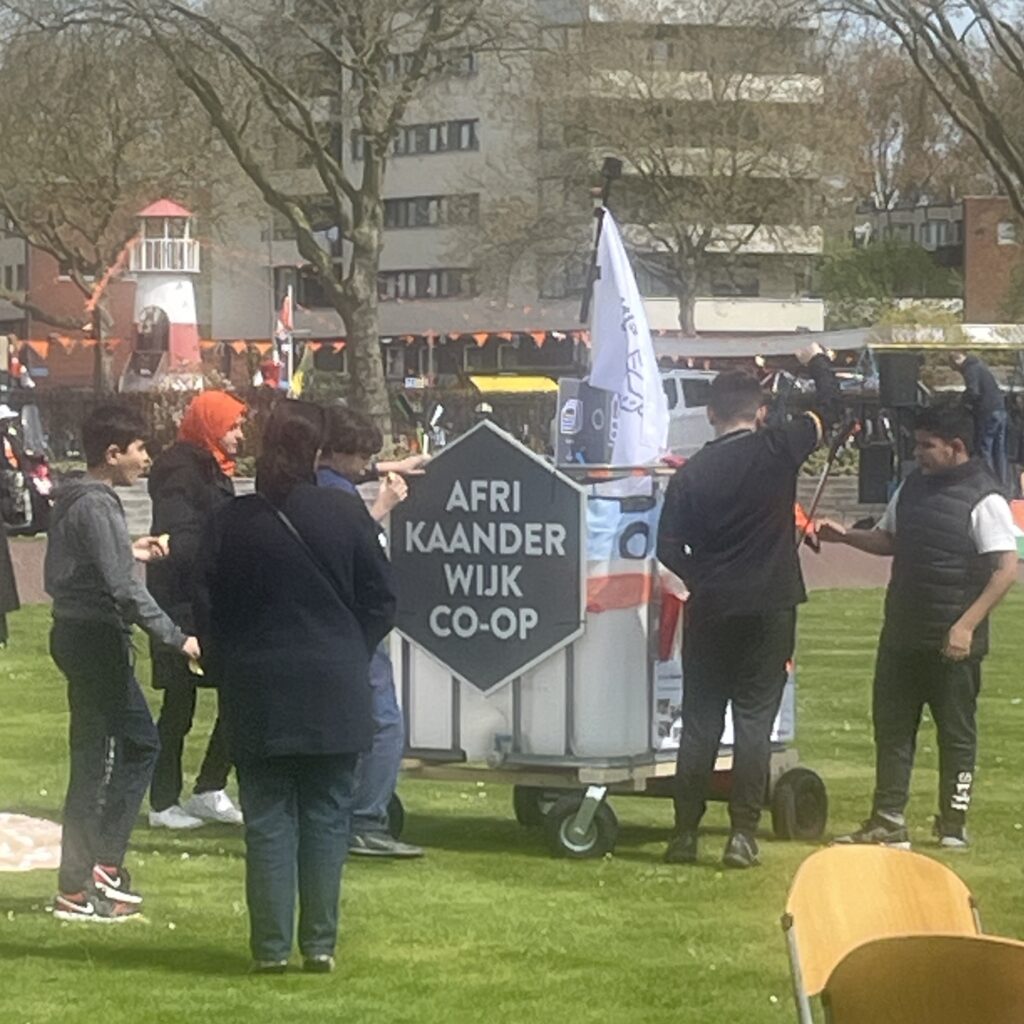
The project’s goal was to create a toolkit for co-designing the future presence of city things in neighbourhoods so that this is driven by the local communities and not by the so-called big tech companies. We have a page dedicated to the fieldlab, find more on the start backgrounds of the project.
This project strives for positive and productive ways of living and working together with citizens with ‘city things’, by designing them together with them, developing competences to organize their lives with ‘smart things’ and thus involving citizens in the design of their own neighborhood in the context of the developing ‘smart city’.
Descriptions Cities of Things LAB010
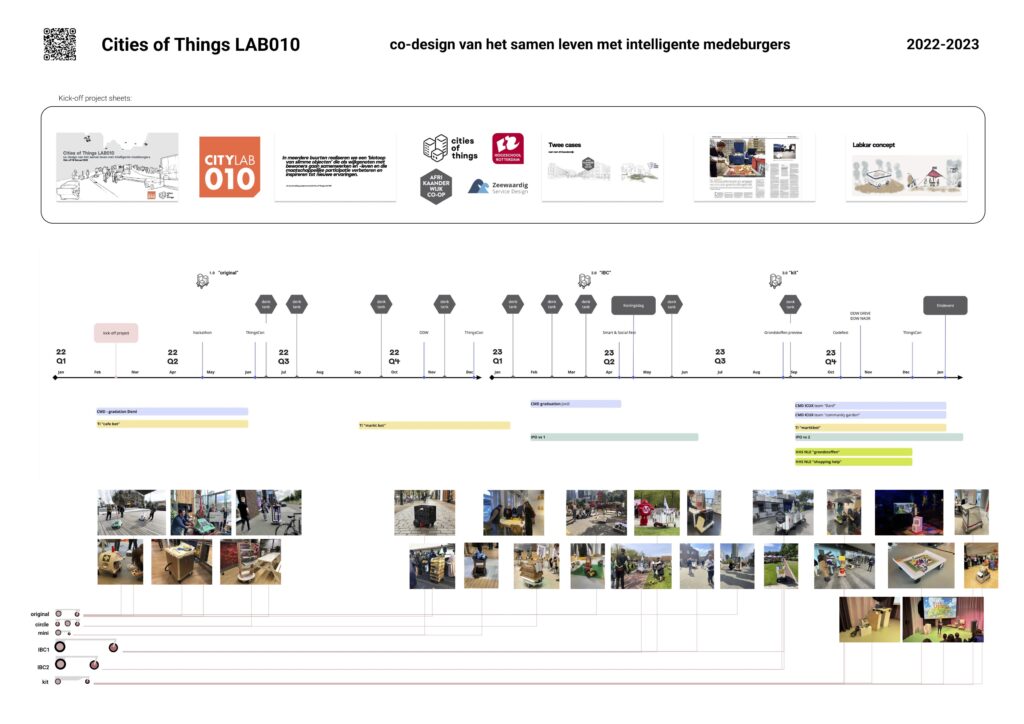
Early in the project, we developed a basic robot prototype platform based on the combination of a Hoverboard connected to a remote control that powered a platform that makes it possible to experiment with different functions and let you play out interactions of the urban robot with other things and especially people. In a hackathon in April 2022, we tested the platform as a basis for new ideas and civic prototyping, which turned out to work very well. Since then, the kit has been functioning as a platform for both technical explorations (adding sensors and autonomous behaviour) and design exercises for different functions.
The main track was the co-design with a group of local residents of Afrikaanderwijk, coordinated via Afrikaander Wijkcooperatie. In total, 10 so-called thinktank sessions were organised, and the group developed the concept of the Inzamelbot based on the platform. The Inzamelbot is connected to the Grondstoffenstation (Resources Station), which deals with the recycling of resources in the local market. It will play a role in collecting valuable resources from the market.
A second function the Thinktank foresee is collecting and spreading neighbourhood stories. As a conversation starter, a carrier of these stories or other forms. This is something that needs to be detailed.
In total, more than 20 instalments of city things have been made in different projects, both by students in workshops and the think tank. An overview can be found on the dedicated website Wijkbot.nl. The platform is the perfect mix of a defined artefact and an open platform. There is still more to explore in developing the software, and we will fine-tune the workshop. New plans for educational programs are in the making.
At the “Miniconferentie” during the celebrations from 14:00-16:00, we will share our results, and a small exposition will tell more about the project.
Join us at Gemaal op Zuid!
